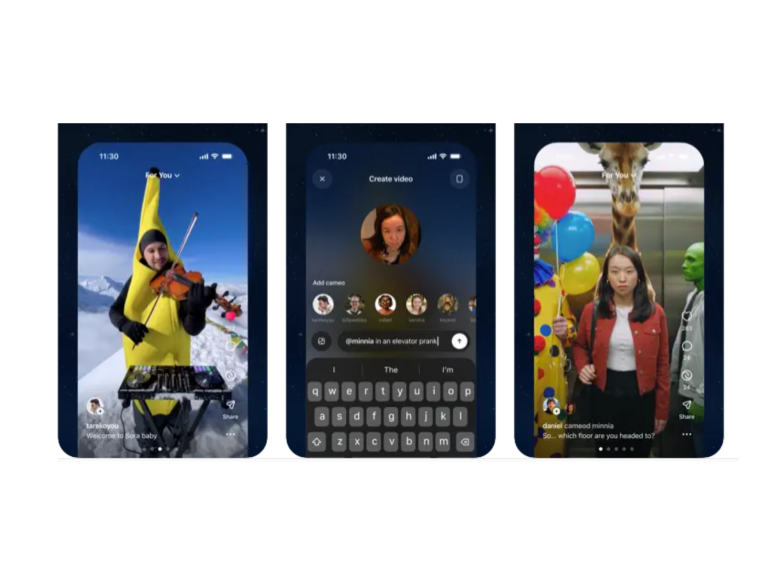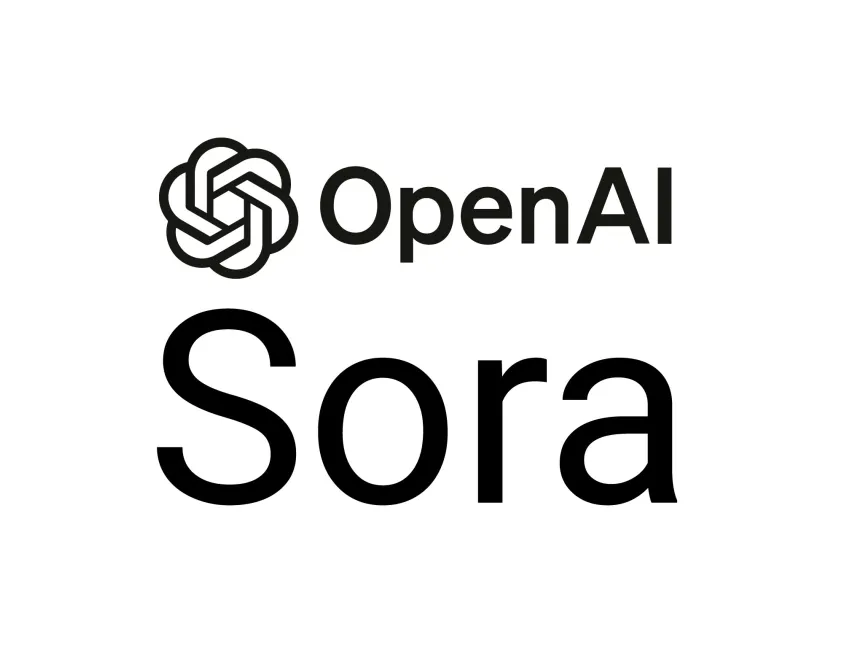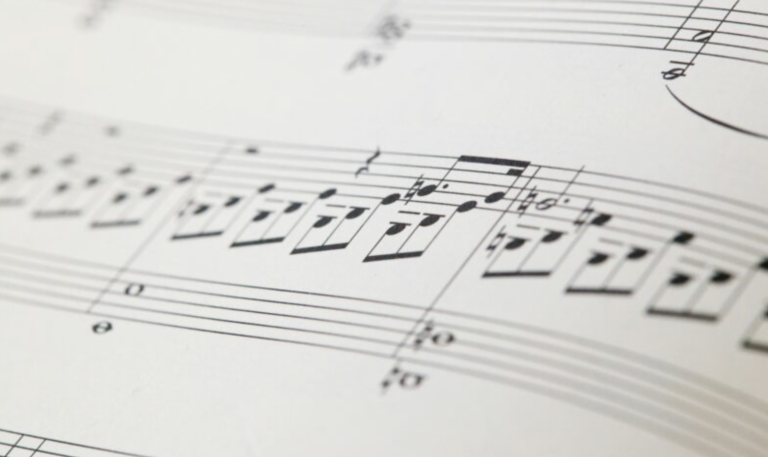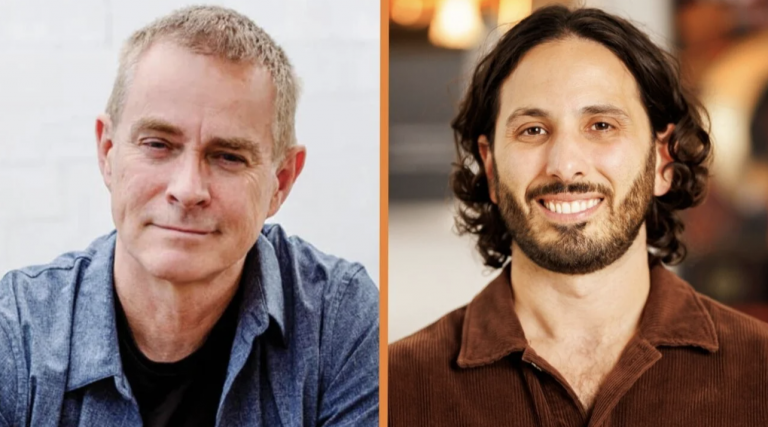
OpenAI has launched Sora, a generative AI video model paired with a TikTok-style app for sharing AI-made clips. The release surged up app-store charts and showed how quickly AI video is advancing. But the excitement came with controversy. Users began creating clips featuring copyrighted characters from films, TV shows, and games, raising immediate concerns about ownership and rights.

OpenAI Promises Rightsholders More Control
CEO Sam Altman responded quickly. In a blog post, he made two clear promises. First, OpenAI will give rightsholders more control over how their characters appear in AI-generated content. Altman described this as “a new kind of ‘interactive fan fiction’” that could benefit both fans and rights owners. Instead of dictating terms, OpenAI wants rightsholders to decide how their intellectual property is used. The company’s goal is to make the platform so compelling that many will choose to participate.
His second promise focused on money. Altman admitted that video generation needs a business model and pledged to share revenue with rightsholders who opt in. He argued that fan engagement could prove even more valuable than revenue itself. Still, the message was firm: OpenAI would rather build partnerships than fight lawsuits. By offering both control and compensation, the company hopes to turn potential adversaries into collaborators.
OpenAI’s Balancing Act in the AI Era
The stakes are high. Generative AI is reshaping creativity, and Sora sits at the center of that shift. If rightsholders embrace the model, fans could interact with their favorite characters in ways traditional media never allowed. If they resist, the industry could face legal battles that slow innovation and limit experimentation.
OpenAI’s strategy highlights a delicate balance: empower users to create while protecting the rights of content owners. If the company succeeds, Sora could mark the start of a new era in participatory storytelling—one where fans, creators, and companies all share in the rewards of AI-powered imagination.








